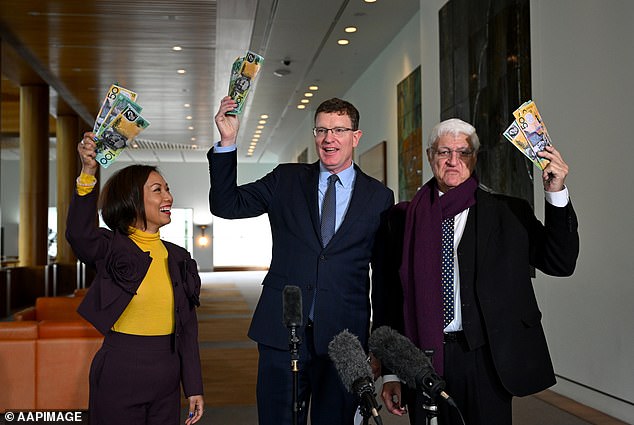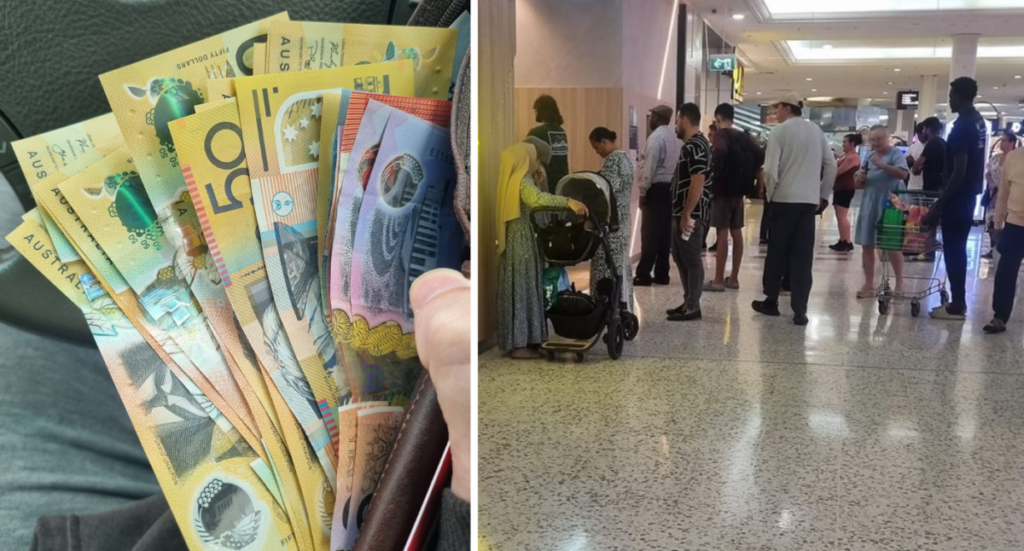A former Nationals MP wants to impose heavy penalties on businesses that refuse to accept cash payments.
Andrew Gee is the author of a Private Member’s Bill that would require businesses and individuals to accept cash payments.

According to Gee’s proposal, individuals who prevent businesses from accepting cash payments of less than $10,000 would be fined up to $5,000.
On the other hand, those who do so would be penalized up to $25,000.
The bill only applies to businesses that pose a security risk. Despite the decline in cash usage over the years, it is still being used more frequently.
According to data released by the Reserve Bank of Australia, the number of cash withdrawals by Australians increased by 3.6 percent in February this year. In January 2024, the country had over 30 million ATM transactions, which amounted to almost $9 billion.
Despite the increasing number of cash withdrawals, Gee believes that it is not too late for the government to introduce legislation that would allow people to use cash. He noted that many senior citizens in Australia still want to use cash. Despite the difficulties of passing the Private Member’s Bill, Gee still remains optimistic about its potential implementation.
Despite the concerns about using online and card banking, he believes that it is still important for Australians to have the option of using cash. This move is supported by other Independent MPs such as Bob Katter. According to Le, it is very important for the western Sydney community as a lot of individuals don’t trust the banking system.
This recommendation came after the Senate Committee on Rural and Regional Banking conducted an inquiry, which urged the government to provide Australians with adequate access to financial services and cash. Several banks have already started to go cashless, such as Macquarie Bank, which said that it would stop accepting cheque and cash payments this year due to the changing habits of its customers.
On Tuesday, Suzanne Mostyn, a journalist, discussed the importance of going cashless on Sunrise. She noted that there are individuals in rural areas who refuse to be tracked. These include women who are fleeing abusive relationships and want to remain anonymous.

